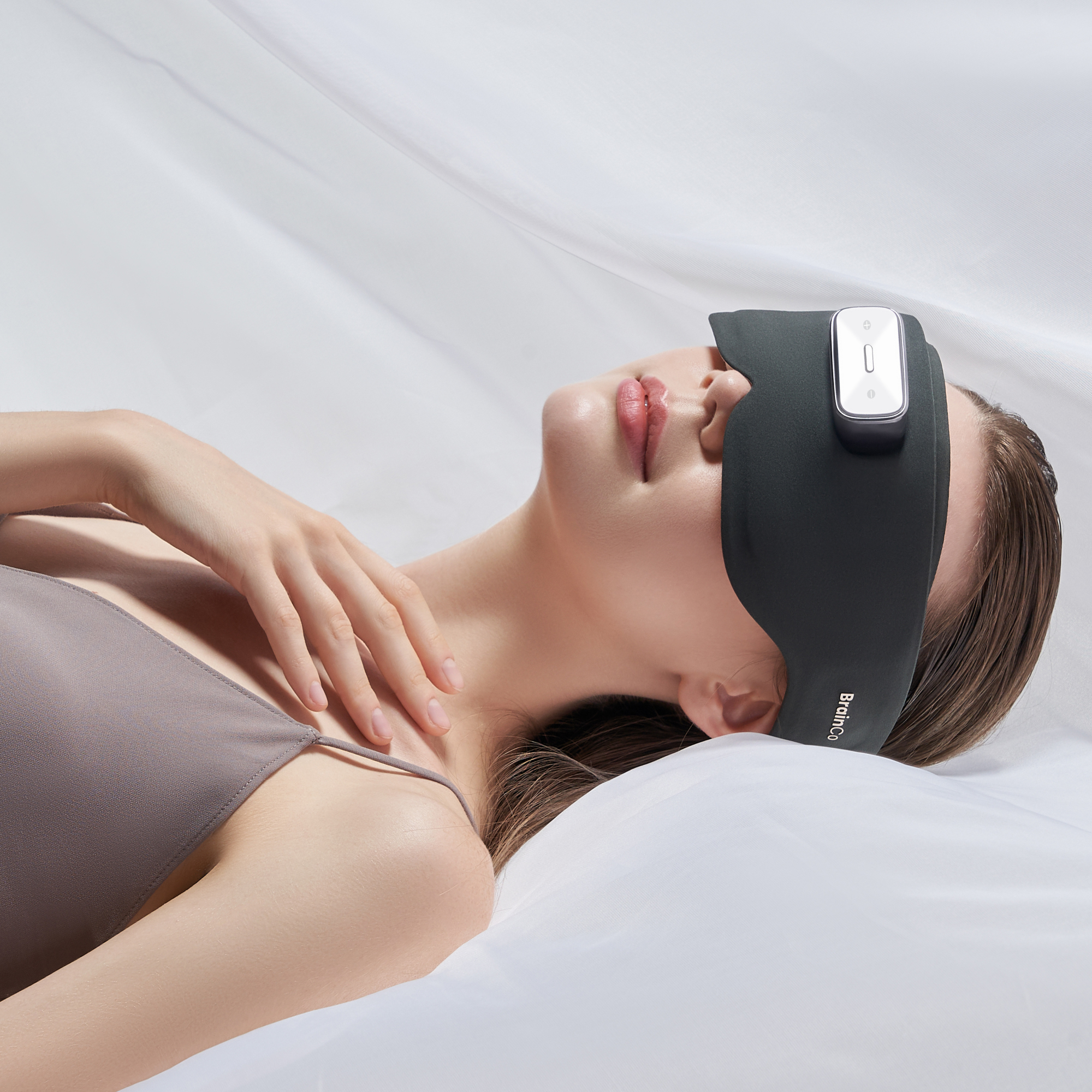Introduction
Sleep disorders are a variety of conditions that disrupt the quality, duration, or continuity of sleep. These disorders, such as insomnia , sleep apnea, and restless legs syndrome, can have serious impacts on mental and physical health.
This article explores in depth the causes, symptoms, effects, and solutions to overcome these disorders and regain restful sleep.
-
Identifying sleep disorders
Sleep disorders manifest themselves in different ways and can affect anyone, regardless of age. Here's how to identify them:
-
Common symptoms:
Symptoms of sleep disorders include difficulty falling asleep, frequent awakenings during the night, excessive fatigue during the day, irritability, and difficulty concentrating. Other symptoms may include muscle aches, headaches, or palpitations. These symptoms can vary depending on the type of sleep disorder present, but the constant is a negative impact on daily quality of life.
-
Common causes:
Sleep disorders can be triggered by various factors such as stress, anxiety, an unbalanced lifestyle, or specific medical conditions such as sleep apnea. Older adults, as well as those suffering from conditions such as autism or neurological disorders, are particularly vulnerable to these disorders.
-
The effects of sleep disorders on daily life
The consequences of sleep disorders are vast and can affect every aspect of a person's life:
-
Physical consequences:
Sleep disturbances are linked to an increased risk of serious diseases such as cardiovascular disease, type 2 diabetes, obesity, and a weakened immune system, making the body more vulnerable to infections. People who do not get enough or restorative sleep are also at higher risk of developing chronic pain and musculoskeletal disorders.
-
Psychological impact:
On the mental side, sleep disturbances are often associated with mental health issues such as depression, anxiety, and other psychiatric disorders. Sleep deprivation disrupts emotional regulation, which can make individuals more reactive, irritable, and prone to episodes of emotional exhaustion. Additionally, disrupted sleep can impair cognitive function, affecting memory, concentration, and problem-solving skills ( Sleep Foundation ) ( Sleep Review ).
-
Risks of Medications for Sleep Disorders
Although some medications are prescribed to treat sleep disorders, they carry significant risks that should not be underestimated:
-
Side effects:
Sleeping pills can cause daytime sleepiness, cognitive impairment, and disruption of the natural sleep cycle. Over the long term, these medications can even exacerbate the sleep disorders they are designed to treat. Antidepressants, often used to manage insomnia related to depression, can cause serious side effects, such as an increased risk of suicidal behavior and heart rhythm disturbances.
-
Addiction and withdrawal:
Many medications intended to treat sleep disorders are physically and psychologically addictive. Users can quickly develop a tolerance, requiring increasing doses to achieve the same effect. This addiction makes withdrawal difficult and can cause sleep disorders to return in full force, often more severe than before.
-
Impact on overall health:
Prolonged use of these medications can cause serious adverse health effects, such as memory problems, weakened immune system, and increased risk of chronic diseases, including cardiovascular disease.
-
Sleep hygiene: recommended practices
Adopting good sleep hygiene is an essential first step to improving sleep quality:
-
Regular routine:
It is crucial to maintain consistent bedtimes and wake times every day, even on weekends. This regularity helps regulate the body clock and makes it easier to fall asleep.
-
Sleep-friendly environment
Make sure your bedroom is dark, quiet, and at a comfortable temperature. Using blackout curtains, earplugs, or a white noise machine can help create an environment conducive to sleep.
-
Limitation of stimulants:
Avoid caffeine, alcohol, and heavy meals before bed. These substances can disrupt sleep and make it harder to fall asleep ( Verywell Health ) ( Sleep Review ).
-
Preparing for sleep
Engage in relaxing activities before bed, such as reading or breathing exercises. These calming rituals help prepare the body and mind for rest.
-
The limits of natural solutions to drugs
Many people turn to natural solutions to improve their sleep, but it's important to understand the risks associated with these methods:
-
Essential oils:
Although oils like lavender are often recommended to promote relaxation, their effectiveness is variable and not guaranteed. Additionally, prolonged use of essential oils can lead to psychological dependence. The brain can become accustomed to the need for these external stimuli to initiate sleep, making it harder to fall asleep without their use. It can also disrupt the natural sleep cycle and make a person more susceptible to stress and anxiety.
-
Infusions and herbal teas:
Herbs like valerian and passionflower are often used for their calming properties. However, regular use can reduce their effectiveness and lead to mental dependence. As with essential oils, these remedies do not address the underlying causes of sleep disturbances and can, in the long term, make it more difficult to fall asleep without their use.
These solutions, while attractive, can mask the real causes of sleep disorders and lead to addiction, rather than lasting improvement in sleep quality.
-
Easleep : A scientific therapy solution at home
For those looking for a more sustainable solution without the risks associated with medications or natural remedies, Easleep offers a comprehensive and personalized approach to treating sleep disorders at home:
-
Personalized program:
Easleep’s artificial intelligence analyzes your sleep habits and creates a customized program, tailored to your specific needs. This program includes tips, reminders, and adjustments based on your progress, ensuring you continuously improve your sleep.
-
Daily monitoring and reporting:
Every night, the device tracks your sleep cycles and provides detailed reports. These reports include analyses of your deep sleep, nighttime awakenings, and other key indicators, allowing you to adjust your routine for optimal results.
-
Relaxation and meditation techniques:
Easleep incorporates breathing exercises, guided meditation sessions, and ASMR programs designed to calm the mind and prepare the body for sleep. These techniques, backed by scientific research, are effective in reducing anxiety and promoting rapid sleep.
-
Therapeutic sounds:
Scientifically composed, these soothing sounds, such as white noise or specific frequencies, are broadcast to create an atmosphere conducive to restful sleep. They not only help you fall asleep faster, but also maintain continuous and deep sleep.
Conclusion
Sleep disorders are complex conditions that require a comprehensive and thoughtful approach. Rather than resorting to temporary and risky solutions, such as medications or some natural remedies, innovative solutions like Easleep offer a safe and effective alternative to improve sleep quality and, therefore, overall quality of life.
By incorporating Easleep into your sleep routine, you can not only treat the symptoms of your sleep disorders, but also address the underlying causes in a safe and lasting way.











Share: